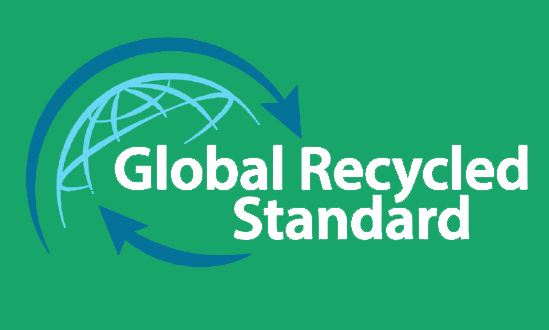At present, the protection of resources and the environment is more and more attention, in a series of environmental protection policies, under the drive of relevant problems in the traditional industries in the rectification of courageously hoof disease into, for chemical fiber textile recycling has become the urgent needs of the development of the textile industry in our country, recycling consumption concept also is gradually accepted by more consumers cognition and.
The comprehensive recycling of waste chemical fiber textiles in China can solve the rough consumption of raw materials from the root, and alleviate the problem of long-term dependence on the import of chemical fiber raw materials and the restriction of raw materials resources. To solve the huge pressure brought by the non-degradation of waste textiles to the environment; To lead China’s textile industry to participate in international competition at a higher level, such as low carbon and resources, and further improve China’s voice in the development of the international chemical fiber industry.
TextileExchange, a global non-profit TextileExchange, publishes its annual preferred fiber market report. According to the report, the H&M group is currently the world’s largest user of sustainable cotton and man-made fiber materials. This marks a step closer to the H&M group’s long-term goal of using 100% recycled or other sustainably sourced materials by 2030.
Terminal enterprises must have GRS certification for recycled polyester fiber. So what is GRS certification, apply for GRS certification need to have what conditions?
Global recycling standard certification “GRS”, the English abbreviation of GlobalRecycleStandard, is the international environmental protection management alliance certification body for the establishment of renewable fiber verification standards. In addition to standardizing the source of raw materials, the verification standard also standardizes the wastewater treatment and chemical use in the production process. GRS validation system is based on integrity and includes validation and audit of supply chain manufacturers on product recycling/recycling ingredients, control of the chain of custody, social responsibility and environmental norms, and enforcement of chemical restrictions. Enterprises must meet these requirements to obtain the certificate through certification.


